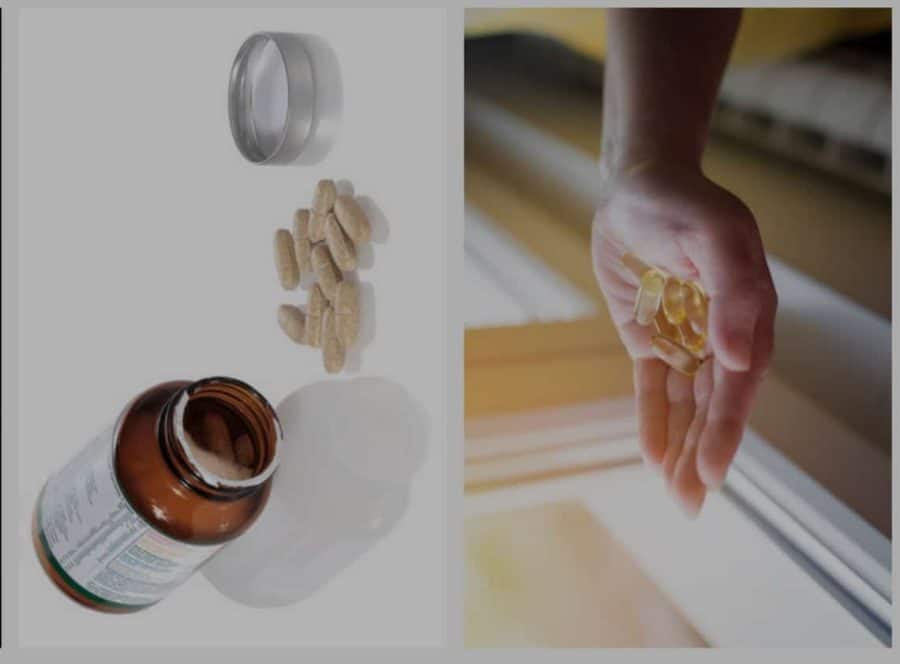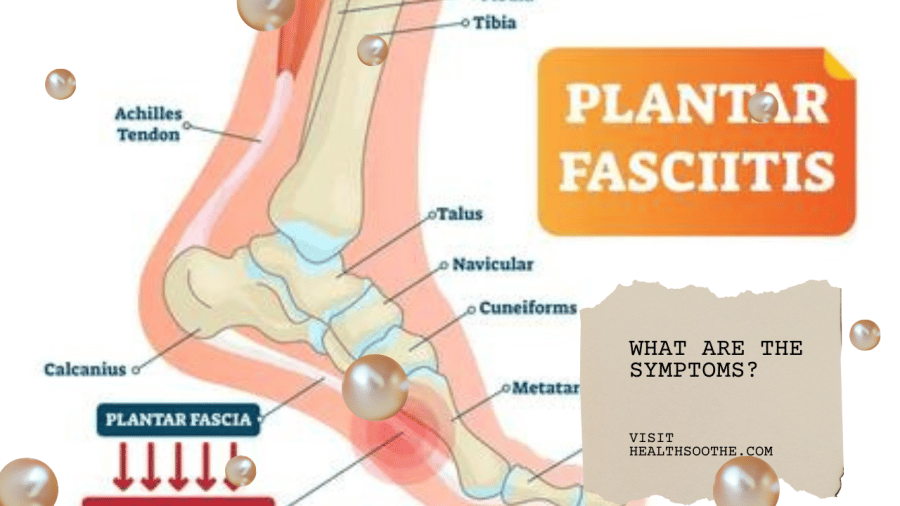Although ADHD ( Attention deficit hyperactivity disorder) is mostly associated with kids, it also affects adults. According to aCDC study, 6.1 million children aged between 2 and 17 have ADHD. Similarly, the condition’s prevalence in adults between 18 and 44 is 8.1%( National Institute of Mental Health).
The illness's symptoms can be disruptive in specific conditions or even during a child’s normal day-to-day routine. This includes finding it hard to control their emotions and behavior in social settings or at school. It may affect mental development in kids or how they perform in school. Common symptoms of ADHD include;
- Fidgety
- Feeling impatient
- Not following instructions
- Becoming easily distracted
Treatment
Stimulants are the main ADD treatment. However, recent research has shown that some supplements and vitamins can help counter the symptoms. This guide outlines research into some of the most promising ADHD supplements and vitamins for symptom control.
Vitamin D
Naturally, vitamin D plays a critical role in brain function and development. Studies have shown that there is a connection between neurodevelopmental conditions, like ADHD and vitamin D deficiency. For instance, inone study that compared the levels of vitamin D in kids with ADHD and those without, children with the illness had considerably lower levels of the vitamin.
In other research, children with vitamin D deficiency were divided into 2 groups. One group was given a 48-day course of vitamin D supplement, and the other group was given a placebo. Those who got the supplement showed a considerable reduction in hyperactivity, impulsivity, and attention improvement than those who got the placebo. This shows that vitamin supplements can significantly improve ADHD symptoms.
Omega-3 fatty acids
If your child has ADHD and is not getting sufficient Omega 3 fatty acids, they may find a supplement beneficial. Research has shown that Omega 3 fatty acids affect how dopamine and serotonin move from one region of the frontal cortex in the brain to another. DHA( Docosahexaenoic acid) is a form of Omega-3 fatty acid that is vital for good brain health and function.
Most people with ADHD usually have lower levels of fatty acid than those without the illness. Dietary sources of the acid include; anchovies, mackerel, herring, halibut, tuna, salmon. Similarly, according to the NCCIH (National Center for Complementary and Integrative Health), Omega 3 fatty acid supplements can help alleviate symptoms of ADHD.
Zinc
According toNCBI, there is a link between ADHD and zinc deficiency in kids. Like Omega 3 fatty acids and vitamin D, zinc plays a critical role in promoting optimal brain function. This means it's possible for people who do not have enough zinc to experience mental disorders such as ADHD. Examples of symptoms include delayed cognitive development, inattention, and jitters.
What’smore, a study by research gate indicates a link between ADHD and zinc deficiency. The study also concluded that zinc supplements can help counter ADHD symptoms in both adults and children. Nonetheless, the research is still cloudy when it comes to whether zinc has any effect on adults and children who aren't zinc deficient.
Melatonin
Most people with ADHD also have sleep disorders and problems, meaning using effective supplements to improve sleep patterns can be very beneficial. Enough sleep through the various sleep cycles helps in detoxification and concentration.
Research shows that proper sleep allows your brain to get rid of the toxins that accumulate during working hours. This essentially means without enough sleep, harmful molecules that trigger neurodegenerative disorders build up in brain cells.
This is where melatonin comes in. It supports the central nervous system by reducing acute and chronic inflammation. The hormone is produced at night or when one is asleep by pineal glands. It has been used for years to alleviate sleep problems in children and adults with ADHD.
A 2007 study by the American Academy of Child & Adolescent Psychiatry on the effects of the supplement in the treatment of sleep disorders in kids with ADHD indicated that it significantly improved total sleep time in users.
According to a 2009 Pineal Research report, long term use of melatonin supplement was effective in over 80 % of insomnia cases, and no adverse effects were found with long term use of melatonin.
The takeaway
If you or your loved one suffers from Attention deficit hyperactivity disorder, talk to your psychiatrist about possible treatments. Ask them before you add any herbal remedies or nutritional supplements. Some treatments can pose risks to your health or interact with particular medications. The medic will help you know the potential risks as well as the advantages of trying them.
Also, try avoiding hyperactivity trigger foods from your kid’s diet or yours. Trigger foods include artificial sweeteners and color additives like brightly colored cereals, fruit drinks, and sodas. And keep in mind that what works for you may not work for somebody else.


